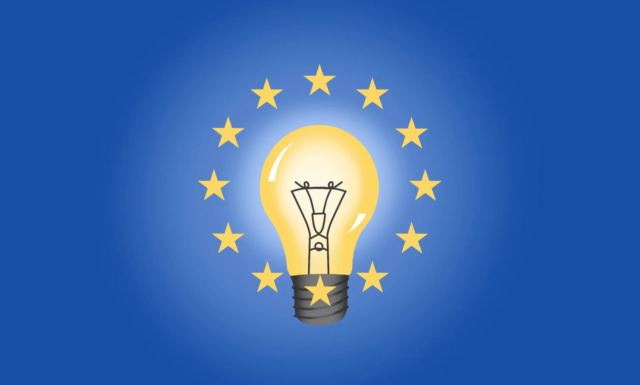Google is making YouTube and other services delightfully free of political ads... in Europe

The nature of modern-day politics means that parties of all colors, all leanings, spend millions on advertising -- it is something that was painfully apparent during the run-up to the US presidential election. Technology firms and social media platforms are under a lot of pressure to take steps to prevent election interference, and to increase transparency.
This is something that has been playing out in Europe with regulation on Transparency and Targeting of Political Advertising (TTPA) due to come into force in the EU. With concerns about the, “operational challenges and legal uncertainties” this could lead to, Google has announced that it will not only will stop serving political advertising in the European Union, but will do so before the TTPA comes into force.
See also:
- Amazon launches Amazon Haul in beta as a low-cost Temu alternative
- X starts the rollout of update that renders blocking near-pointless
- Microsoft’s answer to Apple Intelligence may be Windows Intelligence
While the move is likely be met with rapturous joy by users, Google is making the change rather begrudgingly. The company suggests that political advertising on its platform is a, “valuable resource for voters to find information”, it is probably closer to the truth to say that it is a valuable source of income for Google.
Having already voiced concerns about the role and impact of the upcoming TTPA, it is not hugely shocking that Google is taking the stance it has chosen. What is perhaps a little surprising is the tone in which the policy change has been announced, and the speed with which it is being introduced.
Writing about the change, Google's Vice President, Government Affairs and Public Policy for Europe, Annette Kroeber-Riel, says:
The European Union's upcoming Regulation on Transparency and Targeting of Political Advertising (TTPA) unfortunately introduces significant new operational challenges and legal uncertainties for political advertisers and platforms. For example, the TTPA defines political advertising so broadly that it could cover ads related to an extremely wide range of issues that would be difficult to reliably identify at scale. There is also a lack of reliable local election data permitting consistent and accurate identification of all ads related to any local, regional or national election across any of 27 EU Member States. And key technical guidance may not be finalized until just months before the regulation comes into effect.
As a result, Google will stop serving political advertising in the EU before the TTPA enters into force in October 2025. Additionally, paid political promotions, where they qualify as political ads under the TTPA, will no longer be permitted on YouTube in the EU.
But this is unlikely to be the end of the story. While Google pushes the notion that the advertising it has offered a platform to is done so with the sole wish of keeping people informed, the truth of the matter is that Google will lose a large chunk of income by dropping political ads.
The company adds: “Making information universally accessible and useful remains at the heart of our mission, and supporting responsible advertising, including political advertising where possible, is a key part of that effort. We believe that affordable digital ads are particularly valuable to smaller campaigns seeking to reach a wide range of voters, and we will continue to engage with lawmakers, business partners, and community groups on this important topic”.
